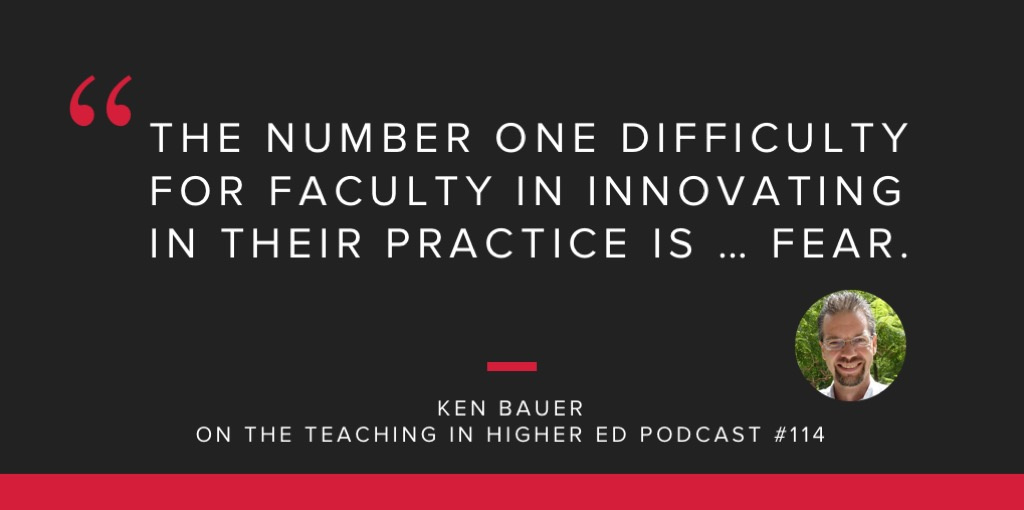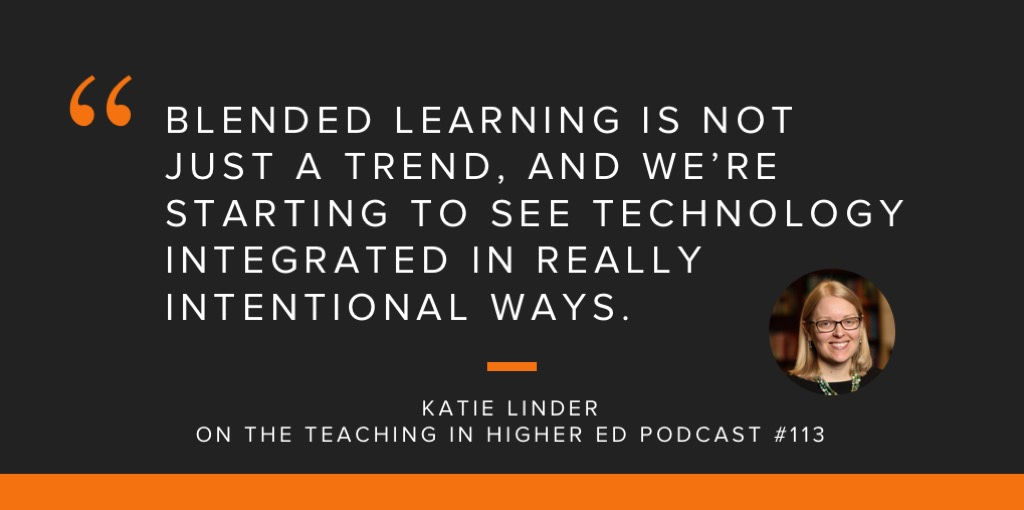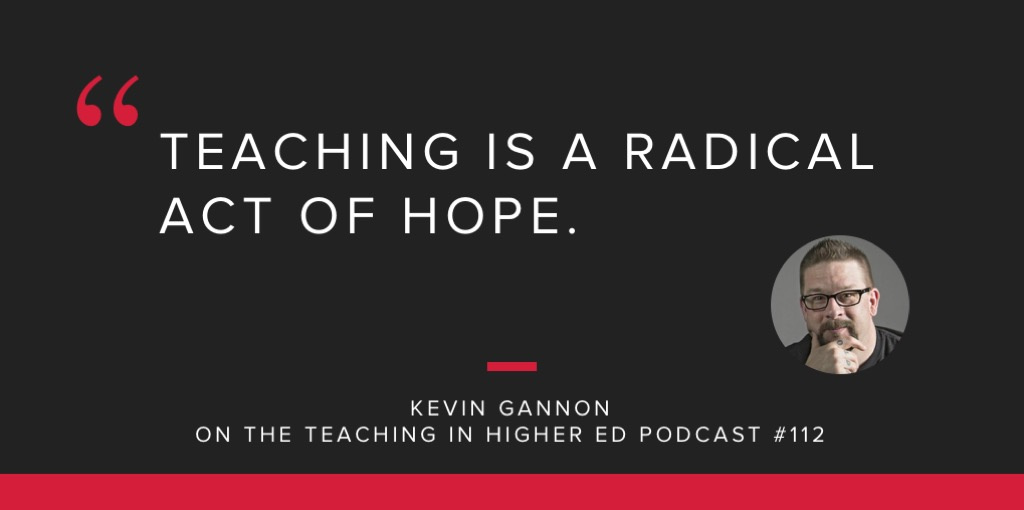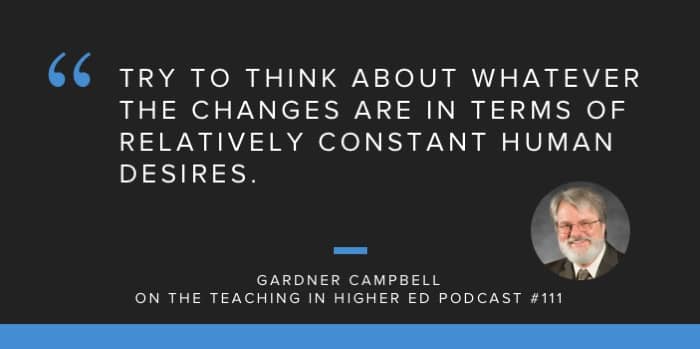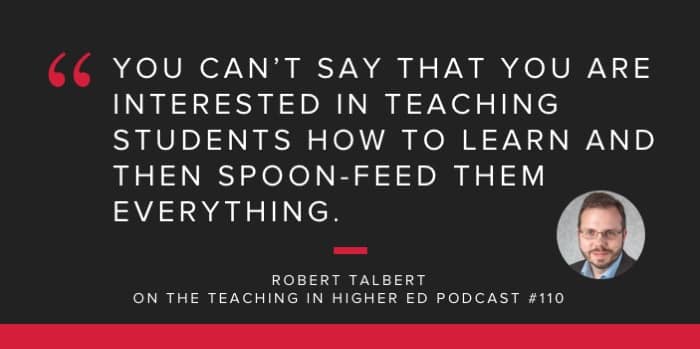Ken Bauer shares how to engage the heart and mind through the connected classroom.
Quotes from the episode
I’m not going to be there and lecture; I want to really connect with my students.
—Ken BauerThe number one difficulty for faculty in innovating in their practice is … fear.
—Ken BauerYou’ve just got to take baby steps and change those things that you can change.
—Ken Bauer
Resources Mentioned
- Amy Collier’s session at Campus Technology 2016 Conference: Love and Risk in Education – A Call to Resistance
- Student Paola's video about her experience in Ken’s class
- Confusiasm – confusion and enthusiasm
- Nancy White on Twitter
- Ken’s blog post about his teaching evaluations
- Michelle Miller on episode #026
- Gardner Campbell on episode #107
- Common Craft’s RSS explanation video
- Flipped Learning Network
Are You Enjoying the Show?
Rate/review the show. Please consider rating or leaving a review for the Teaching in Higher Ed podcast on whatever service you use to listen to it on (iTunes, Stitcher, etc.). It is the best way to help others discover the show.
Give feedback. As always, I welcome suggestions for future topics or guests.
Subscribe. If you have yet to subscribe to the weekly update, you can receive a single email each week with the show notes (including all the links we talk about on the episode), as well as an article on either teaching or productivity.
